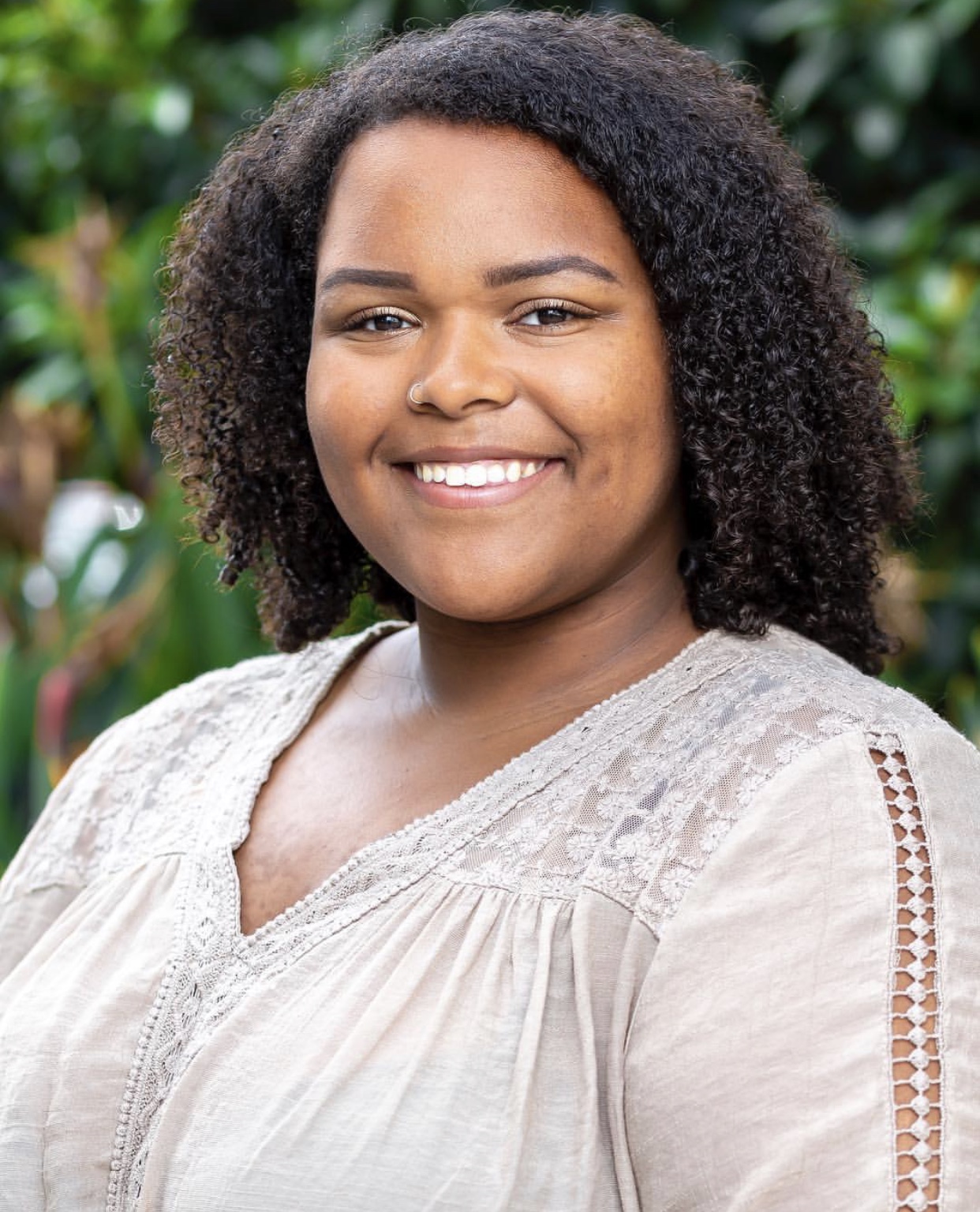Charley Jackson recalls feeling lost as she went through high school: “I didn’t really know what I wanted to do with school or with life.”
A desire to discover her sense of purpose led Jackson, then high school graduate, to the education-based nonprofit City Year. Upon acceptance, she was stationed in Washington DC and placed in a developing school district to educate, empower and promote positive learning outcomes amongst her students. Jackson recalls engaging with the school and surrounding community, immersing herself in the education system and advocating for those she served — at just 17.
The City Year experience led Jackson to pursue an undergraduate degree in nonprofit management and develop a passion for education policy, which then translated into a Master of Public Affairs degree.
The idea of taking time off in pursuit of something bigger than schooling may be unconventional, but it represents the attitudes of a new generation. Today’s students are more inclined to give back and experience the world around them, while minimizing potential academic burnout, before entering additional schooling or a career. However, this shift is accompanied by certain preconceived notions, as experienced by Jackson. “Some members of my family were against it and thought I wouldn’t return, and believed I should’ve gone straight to school and just ‘figured it out’ from there. If you’re taking that time off, even though it’s supposed to be a time on, people think there’s no way you can transition back into school and life. A good majority end up going back and doing much better than others.”
This success manifests itself in several ways, both academically and professionally, according to Jackson. “Being thrown into a situation where you have to grow up, teaching yourself responsibility and time management… all of these skills are transferable to the working world. You’re constantly challenged in every way: when you get into something difficult, you can adapt really well because you’ve already been out of your comfort zone so many times.”
IU offers advising services to prospective participants, and can be accessed through the Office of the Vice Provost for Undergraduate Education or the Walter Center for Career Achievement. Staff will assist in identifying and navigating both gap year programs and subsequent returns, in addition to any potential awards or scholarships.
For those interested, Jackson advises: “Do it, don’t be scared, it is easily the best thing you could do for every aspect of your life. You’re going to find so many things out about yourself and others that you wouldn’t get out of other everyday interactions.”


